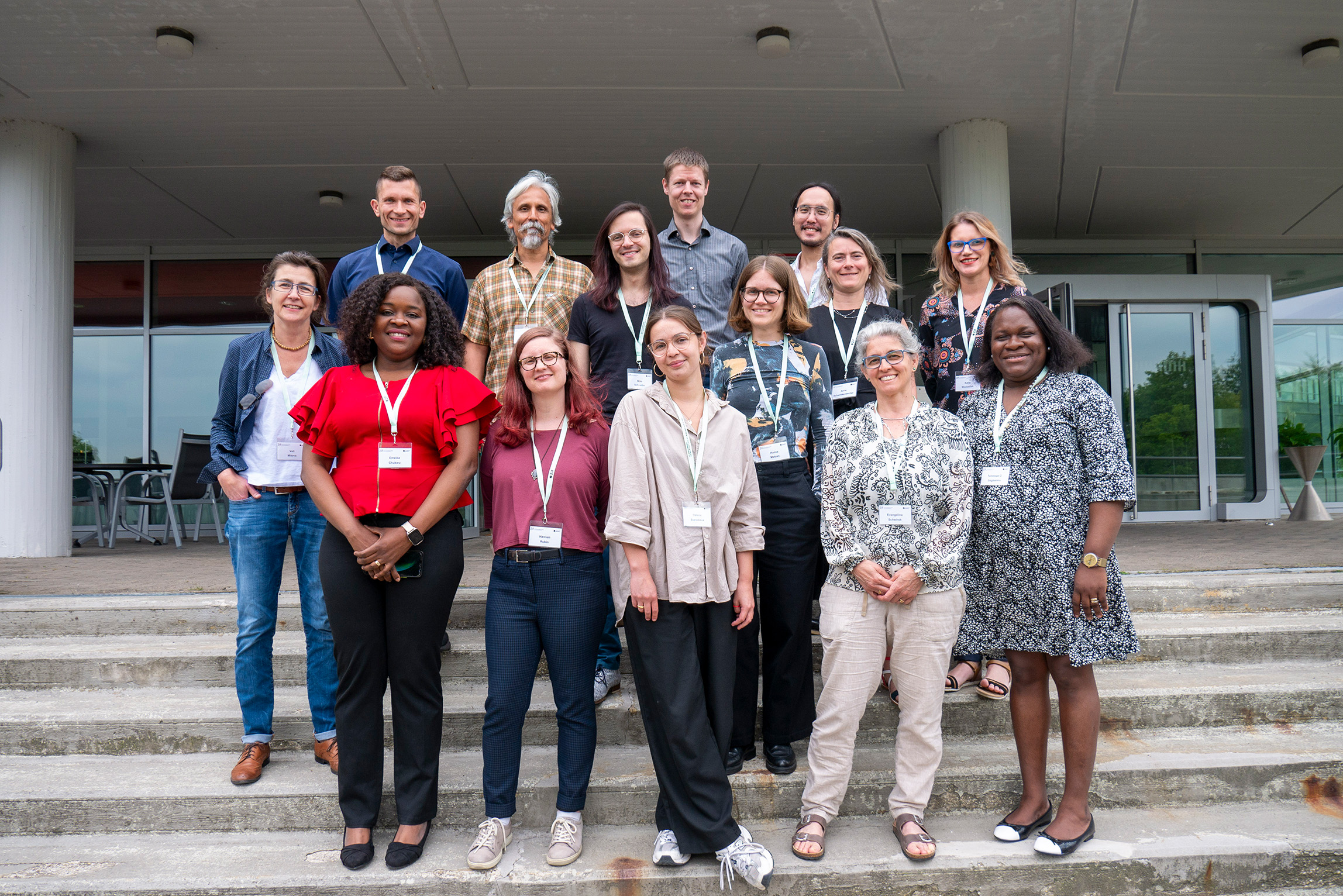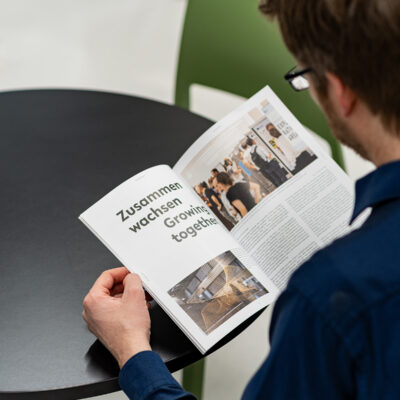Evidence-based policy is perceived by scientists, policy makers and policy advisory organizations as an important tool to react to multiple societal crises and challenges. It increases the uptake of evidence in the processes of policy formulation, implementation and evaluation. This is especially needed in societal crises such as the COVID-19 pandemic, antimicrobial resistance (AMR), and the destruction of ecosystems. However, communication and the transfer of evidence between science and policy is not always easy. The international research group “The Epistemology of Evidence-Based Policy: How Philosophy can Facilitate the Science-policy Interface” has been working on that issue at the Center for Interdisciplinary Research (ZiF) at Bielefeld University for five months. From December 14 – 16 they will present the results of their work in their closing conference “Forum on the Future of Evidence-Based Policy” and discuss further steps with experts and politicians.
At the conference the research group will discuss challenges to evidence-based policy making in the fields of public health, biosecurity management and environmental policy. Together with invited scientists, politicians and experts from NGOs they will define policy goals and policy instruments concerning the development of knowledge production, knowledge demand and knowledge use in politics. They will also formulate strategies and action proposals to enable policy makers to address societal challenges by using the available evidence, by guiding scientists how to appropriately address policy makers’ needs when communicating scientific research and guide the wider public concerning the potentials of using evidence when monitoring public policy making. “The Forum will bring together a range of stakeholders in evidence-based policy making, including scientists, policy makers, science communicators and knowledge brokers at different levels, from local to global”, explains philosopher Professor Anne Schwenkenbecher (Murdoch University, Australia), who convened the research group together with philosopher Professor Remco Heesen (London School of Economics and Political Science, UK) and biosecurity researcher Professor Chad Hewitt (Lincoln University, New Zealand): “Collaboratively, we will develop a blue sheet and White Paper on the future of evidence-based policy through a series of roundtable discussions led by an experienced facilitator.”

© Bielefeld University
Each day of the conference has a central theme
The forum will be structured around three major themes, one for each day: Biases, Incentives and Power in Evidence-Based Policy; Knowledge Brokering and Science Communication; Ethics and Social Justice in Evidence-Based Policy. “We will discuss issues like one-sided acceptance of evidence, a lack of consideration of marginalised groups, possible misinterpretation of scientific methods, and unequal power resources in the process of evidence production”, explains Remco Heesen.
“There is a well-recognised gap between scientists and policy makers in the process of Evidence-Based Policy. And often, the role of filling this gap and facilitating communication between scientists and policy makers is assumed by knowledge brokers, science journalists, and other individuals and groups who sit at the ‘boundaries’ of the science-policy interface”, explains Chad Hewitt. “It is important to explore the role of those groups and individuals, their interactions, and the epistemic challenges they face. We will consider the future of knowledge brokering and science communication in the face of increasing political and societal uncertainty and distrust.”
Presentations and panel discussions
Further, there will be a number of presentations on key challenges and potential solutions for evidence-based policy making, panel discussions on several related themes, and a masterclass on ethical policy making. Inspired by contributions from political scientist Paul Cairney (University of Stirling), former Chair of the Intergovernmental Science-Policy Platform on Biodiversity and Ecosystem Services Tan Sri Zakri Abdul Hamid, philosopher Stephen D. John (Cambridge University) and others, the forum fosters debate and exchanges among experts and policy makers about the future of evidence-based policy making.




